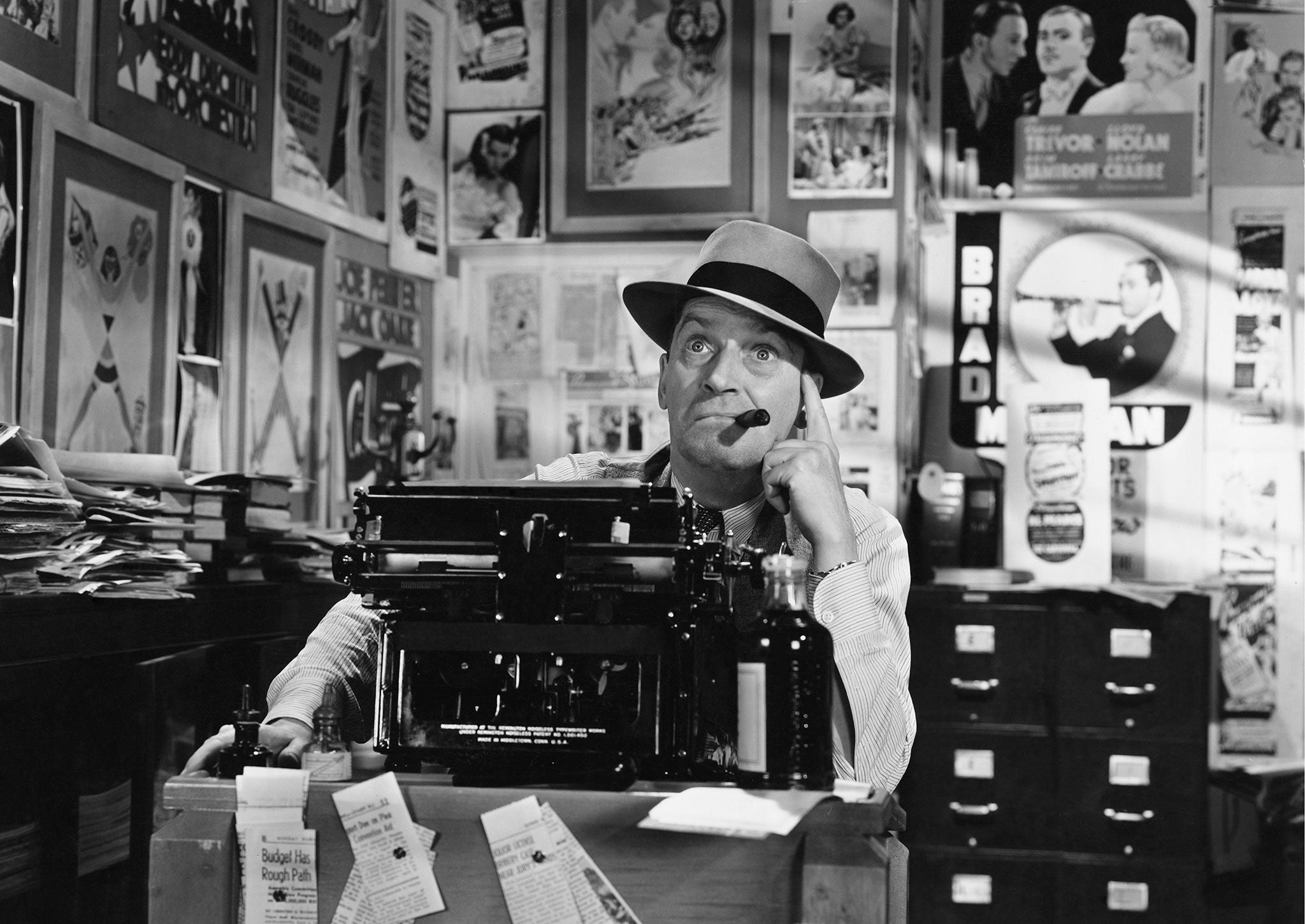Imagine a world without investigative journalism, because soon you might not need to
The power journalists have to break stories like the Rotherham abuse scandal and MPs' expenses is being seriously threatened by the Police

Your support helps us to tell the story
From reproductive rights to climate change to Big Tech, The Independent is on the ground when the story is developing. Whether it's investigating the financials of Elon Musk's pro-Trump PAC or producing our latest documentary, 'The A Word', which shines a light on the American women fighting for reproductive rights, we know how important it is to parse out the facts from the messaging.
At such a critical moment in US history, we need reporters on the ground. Your donation allows us to keep sending journalists to speak to both sides of the story.
The Independent is trusted by Americans across the entire political spectrum. And unlike many other quality news outlets, we choose not to lock Americans out of our reporting and analysis with paywalls. We believe quality journalism should be available to everyone, paid for by those who can afford it.
Your support makes all the difference.Without whistleblowers there is no investigative journalism. And without investigative journalism corrupt and inept public officials sleep a good deal sounder at night.
So when the police and other public authorities start secretly viewing the phone records of journalists and newspapers it is a big problem for a democratic society. I would call it a national scandal.
The Regulation of Investigatory Powers Act 2000 (RIPA) was passed to help fight terrorism and serious crime, but we now know it has been abused by the police to obtain the call records of journalists who were not under suspicion of breaking any law.
A Met Police report revealed last month that the force used RIPA to secretly obtain details of calls made (numbers and times) to both Sun political editor Tom Newton Dunn and the newspaper’s main switchboard.
This his enabled the force to find and sack three constables accused of leaking information about the incident when then Chief Whip Andrew Mitchell used bad language in the presence of officers outside Downing Street. The Crown Prosecution Service refused to charge the three with any crime because it said they were acting in the public interest.
It has since emerged that Kent Police used RIPA to obtain the phone records of the Mail on Sunday and a freelance journalist in order to track down a confidential source accused of lying to the police. Again, neither journalist was under suspicion of breaking the law.
Just under a month ago Press Gazette, which I edit, launched the Save Our Sources campaign with a petition which simply asked that police and other public authorities get the permission of a judge before obtaining journalistic material.
We believe that a court is best placed to decide whether the information sought is important enough to override the strong protection given to journalistic sources under Article 10 of the European Convention of Human Rights (which protects freedom of expression).
According to leading media lawyer Gavin Millar QC, the use of RIPA against law-abiding journalists is already “completely illegal” under European law.
I have never known an issue to so outrage the readers of Press Gazette: from Sun editor David Dinsmore to Private Eye’s Ian Hislop – more than 1,000 have put their names behind the Save Our Sources campaign.
Their concern is not for themselves, but for the sources who put their faith in journalists to respect their confidentiality and who put their livelihoods on the line.
The MPs’ expenses, child sex abuse in Rotherham, the thousands of needless deaths at Mid Staffordshire NHS Trust. All these scandals were exposed by journalists with the help of public sector whistleblowers.
The close relationship between senior police and journalists at the News of the World and the failure of that force’s original investigation into phone-hacking at the paper was also revealed with the help of whistleblowers from within the police.
The Met Police is not going raise its game by silencing the very people who bring its shortcomings to light.
Yesterday, at least partly inspired by Press Gazette’s campaign, the Interception of Communications Commissioner (who monitors use of RIPA) ordered all police forces to reveal any instances where they have grabbed telecoms records in order to expose journalists’ sources.
He will then make recommendations to the Government on how the relevant codes of practice followed by public authorities need to change.
Everyone, apart from bent public officials, should be hoping that he succeeds in giving whistleblowers back the protection they deserve.
To sign the Save Our Sources petition click here
Join our commenting forum
Join thought-provoking conversations, follow other Independent readers and see their replies
Comments